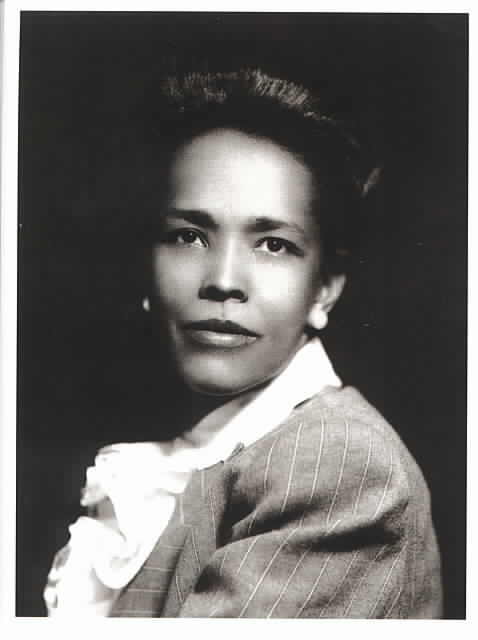 was a prominent African-American activist African-American Civil Rights Movement in the early 1930s he worked with some of the most famous leaders pro-human rights of the twentieth century, including William Edward Burghardt Du Bois, Thurgood Marshall, A . Philip Randolph and Martin Luther King.
was a prominent African-American activist African-American Civil Rights Movement in the early 1930s he worked with some of the most famous leaders pro-human rights of the twentieth century, including William Edward Burghardt Du Bois, Thurgood Marshall, A . Philip Randolph and Martin Luther King.Born in Norfolk, Virginia, on December 13, 1903, Ella Baker was one of the leading figures in the civil rights movement of the 1950s and 1960s. She grew up in rural North Carolina. Baker was close to her grandmother, a former slave. Her grandmother Baker Told About Her life many stories, Including a whipping She Had received at the hands of her owner.
Baker attended Shaw University in Raleigh, North Carolina, She was the class valedictorian When she graduated in 1927. As a student, challenge school policies that considered unfair. After graduating, he moved to the city of New York.1 Between 1929 and 1930 he was a member of the editorial board of the American West Indian News, where he spent the post of editorial assistant in Black National News. In 1930, George Schuyler, then an African American journalist and anarchist, founded the Young Negroes' Cooperative League (YNCL), which sought to develop economic power of black people through collective planning. Having befriended Schuysler, Baker joined the YNCL in 1931 and soon became the national director of the group
While she left the SCLC in 1960, Baker Remained active in the SNCC for many years. She Helped them form the Mississippi Freedom Democratic Party in 1964 as an alternative to the state's Democratic Party, which held segregationist views. The MFDP even tried to get Their Delegates to serve as replacements for the Mississippi Delegates at the Democratic National Convention in Atlantic City, New Jersey That same year. While They Were In This effort unsuccessful, the MFDP's actions Brought a lot of attention to Their cause.

No hay comentarios:
Publicar un comentario